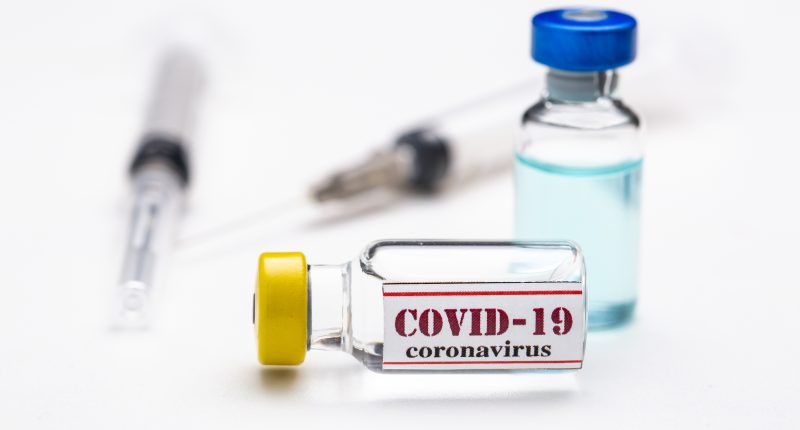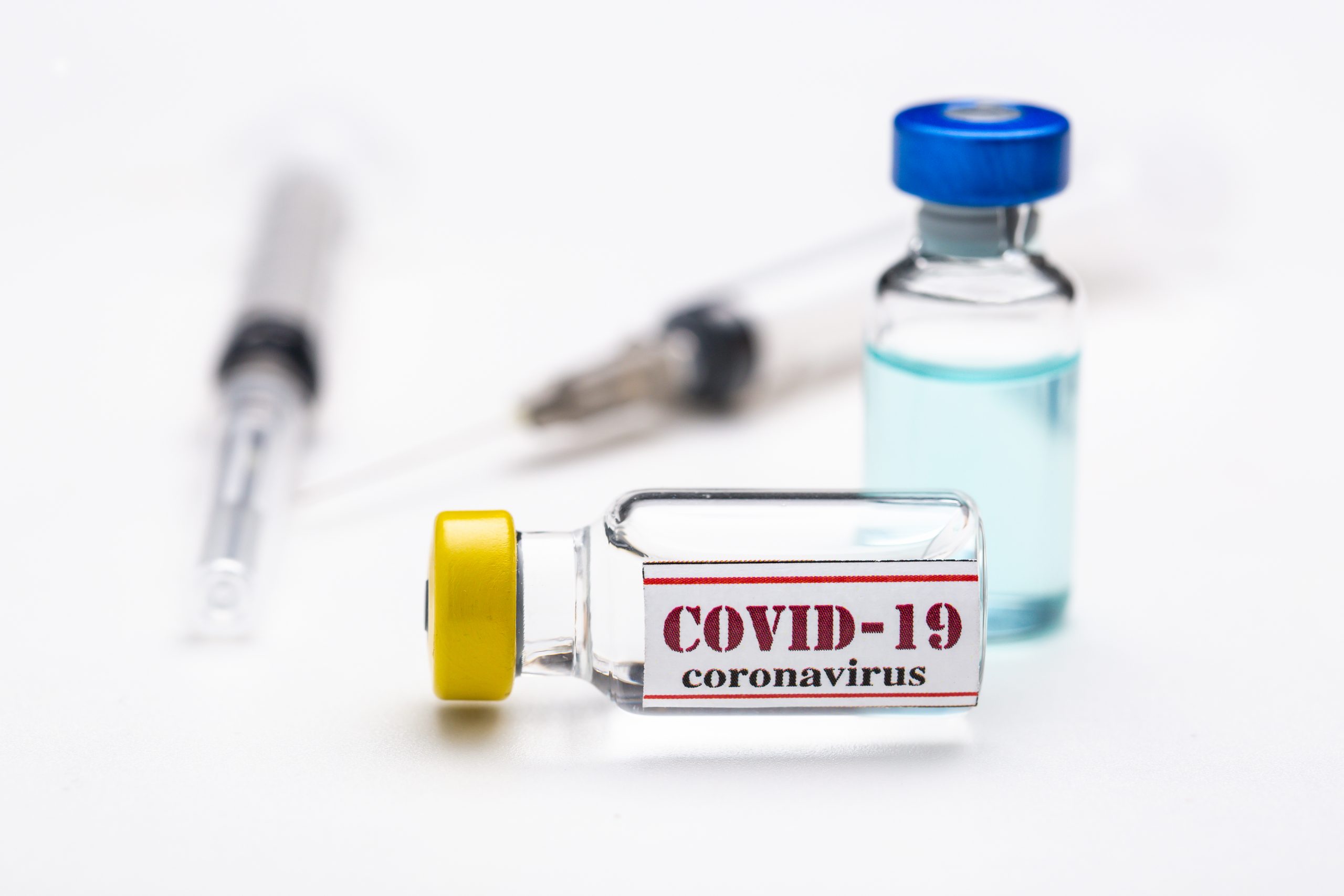- Vaxil Bio (VXL) reports results of the previously disclosed COVID-19 vaccine candidate challenge experiment and the strategy going forward
- Variants have become the established infection model, which can be better addressed with Vaxil’s SP approach
- The USAMRIID COVID-19 mouse model challenge experiment demonstrated that Vaxil’s SP-based vaccine candidate generated a specific immune response
- Vaxil is not making any express or implied claims that it has completed developing or will be successful in creating a COVID-19 vaccine
- Vaxil Bio (VXL) is down 10.22 per cent and is trading at C$0.44 at 9:51 am EST.
Vaxil Bio (VXL) reports results of a previously disclosed COVID-19 vaccine candidate challenge experiment and the strategy going forward.
Vaxil established the USAMRIID collaboration (CRADA) based on the global need for a viable COVID-19 vaccine utilizing an alternative technology that demonstrates cellular and humoral responses, both of which are necessary.
In this rapidly moving pandemic, variants have become the established infection model, which can be better addressed with Vaxil’s SP approach.
Neutralizing antibody technologies may require frequent modifications, while Vaxil’s signal peptide technology may provide long-term efficacy as the virus mutates.
The USAMRIID COVID-19 mouse model challenge experiment demonstrated that Vaxil’s SP-based vaccine candidate generated a specific immune response.
This was not, however, accompanied by vaccine protection of the animals.
Vaxil plans to conduct additional analysis and, on the basis of the understanding obtained, refine aspects of experiment design, including dosing levels and regimens, and alternate animal models that may allow future investigation of the unique and specific aspects of SP’s as immunogens.
Also, Vaxil will evaluate alternate peptide delivery approaches, including oral administration.
Its strategy to deliver value over the long-term is based on potentially unique benefits of SPs, including their broad and strong immune response, both cellular and humoral, their reduced propensity to genetic mutation and the advantage of efficient manufacturing.
“Whilst we had hoped to get into the clinic sooner, we believe that our technology could still be very relevant in the fight against COVID-19 and other infectious diseases,” said David Goren, Vaxil’s Chairman and Chief Executive Officer.
“Thanks to our relatively strong balance sheet, we have sufficient funds to continue the pre-clinical development of our potential vaccine and our other research programs,” added Goren.
Dr. Michael Berelowitz, Vaxil’s newly appointed senior advisor, the board of directors added: “Vaxil’s innovative approach in targeting the SP domain of clinically meaningful cancer and infectious disease molecules provided the stimulus for joining the company.”
“These results, together with those previously seen in multiple myeloma and tuberculosis, provide support for the Vaxil strategy moving forward and their investigative approach toward developing critical new therapeutics,” concluded Berelowitz.
Vaxil is not making any express or implied claims that it has completed developing or will be successful in creating a COVID-19 (or SARS-CoV-2) vaccine at this time.
Vaxil is an Israeli immunotherapy biotech company focused on its novel approach to targeting prominent cancer markers and infectious diseases.
Vaxil Bio (VXL) is down 10.22 per cent and is trading at C$0.44 at 9:51 am EST.






